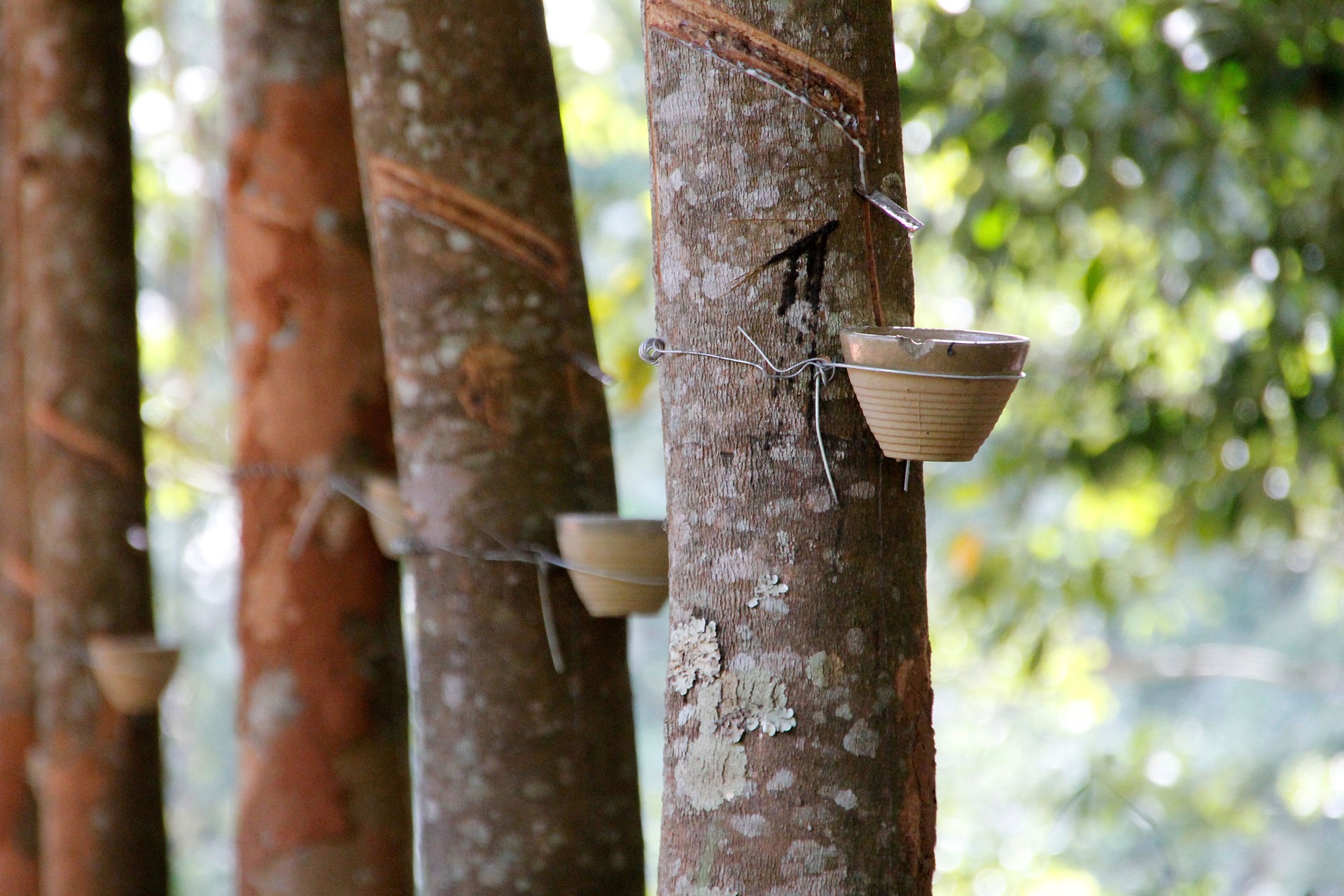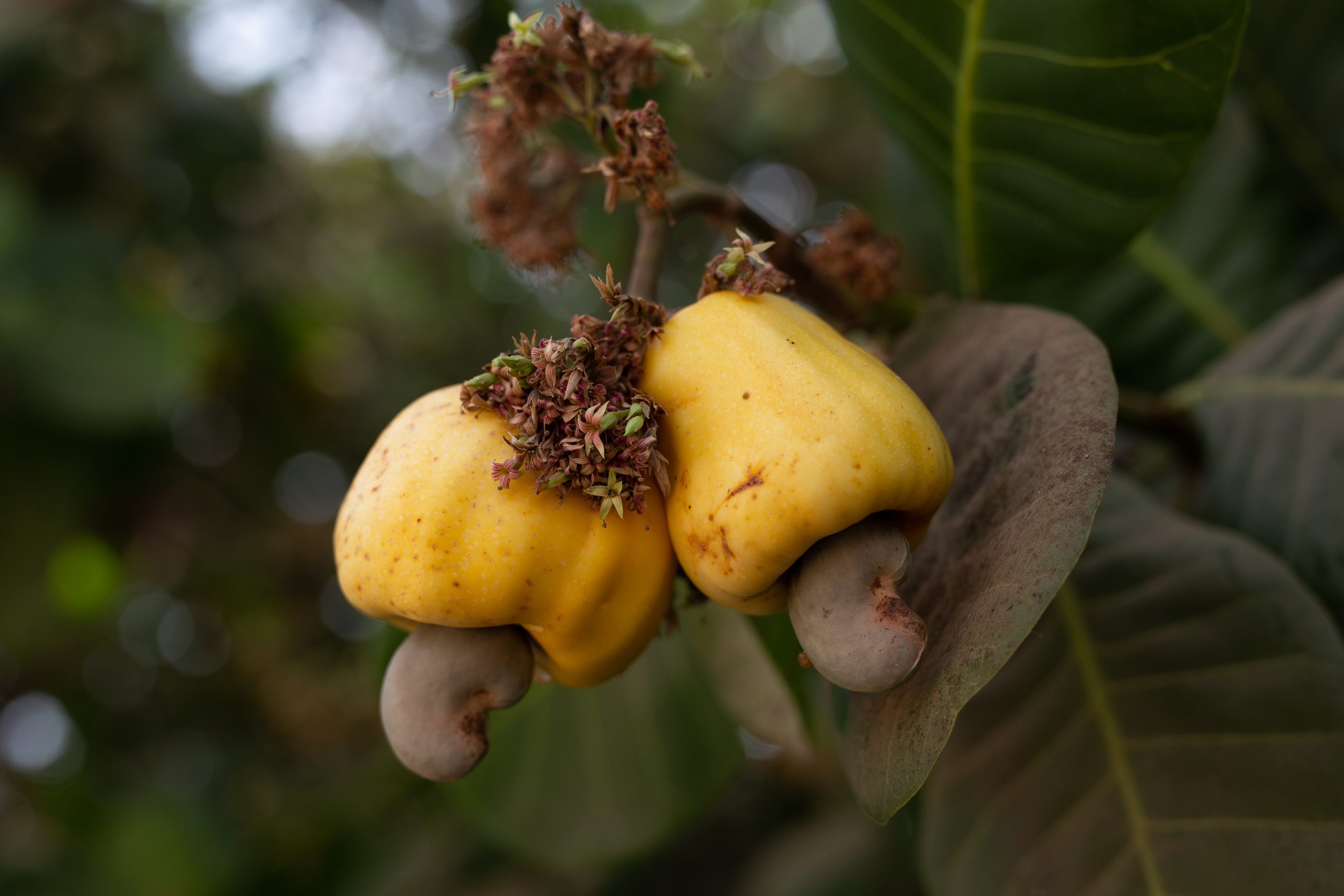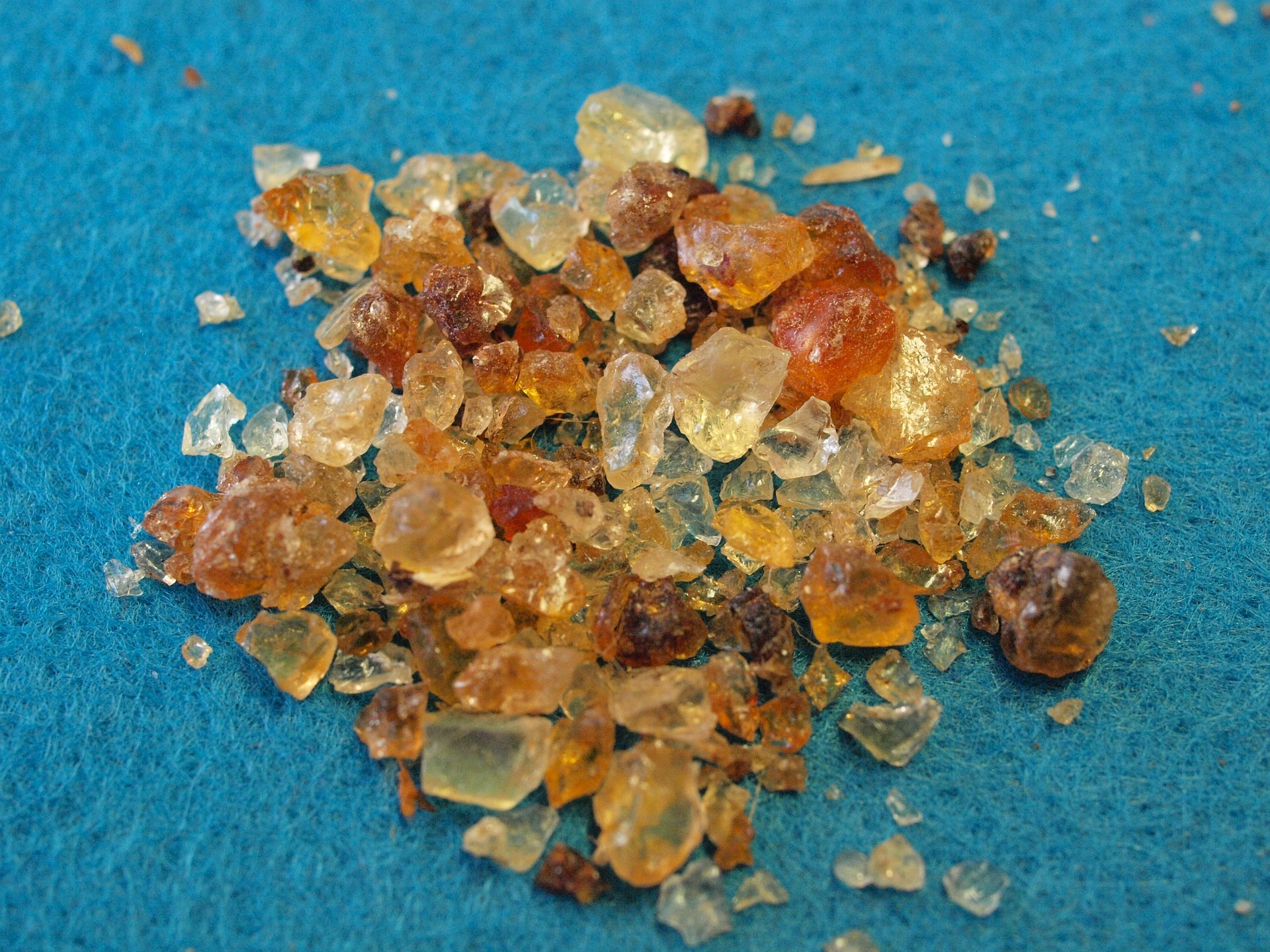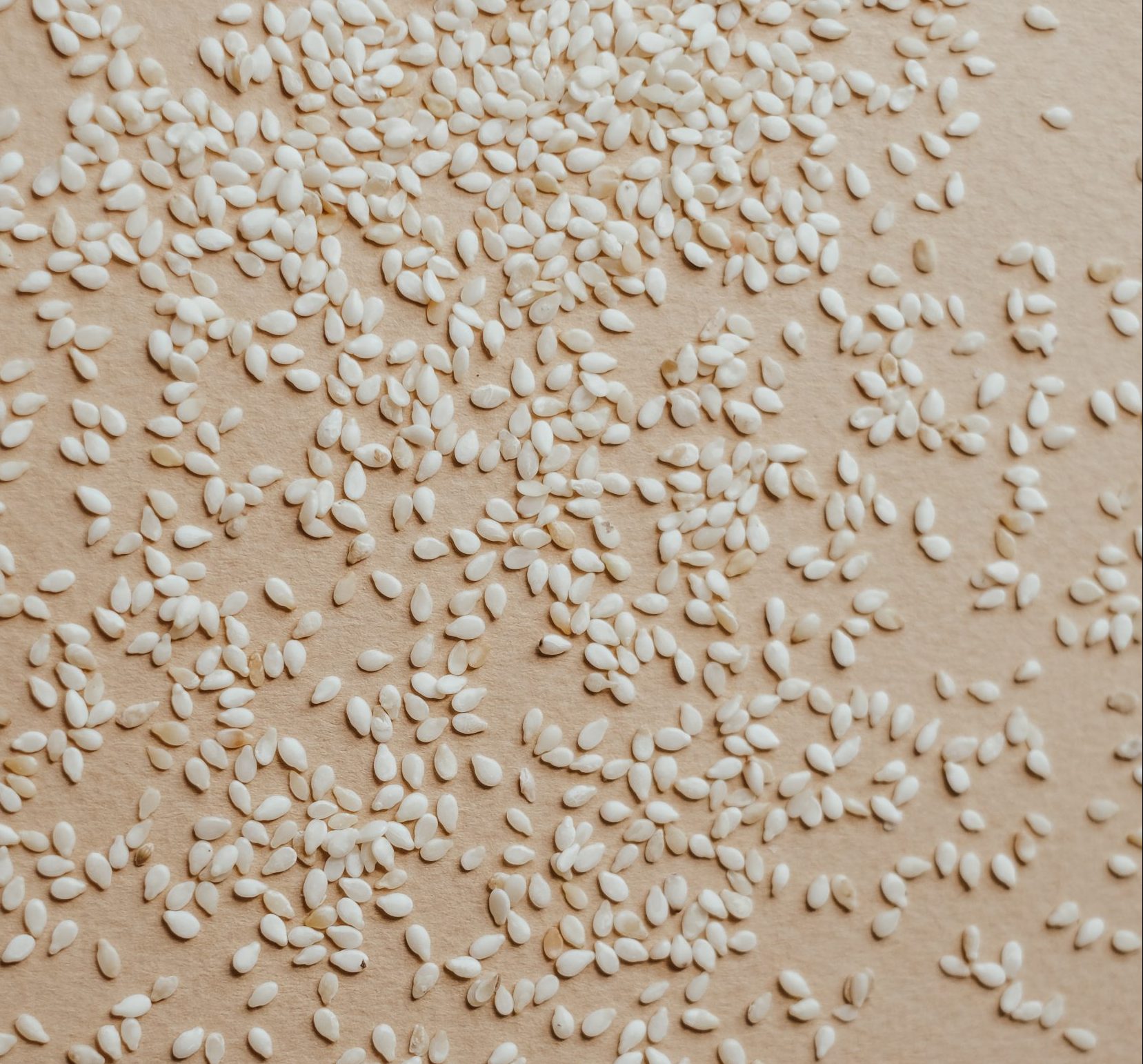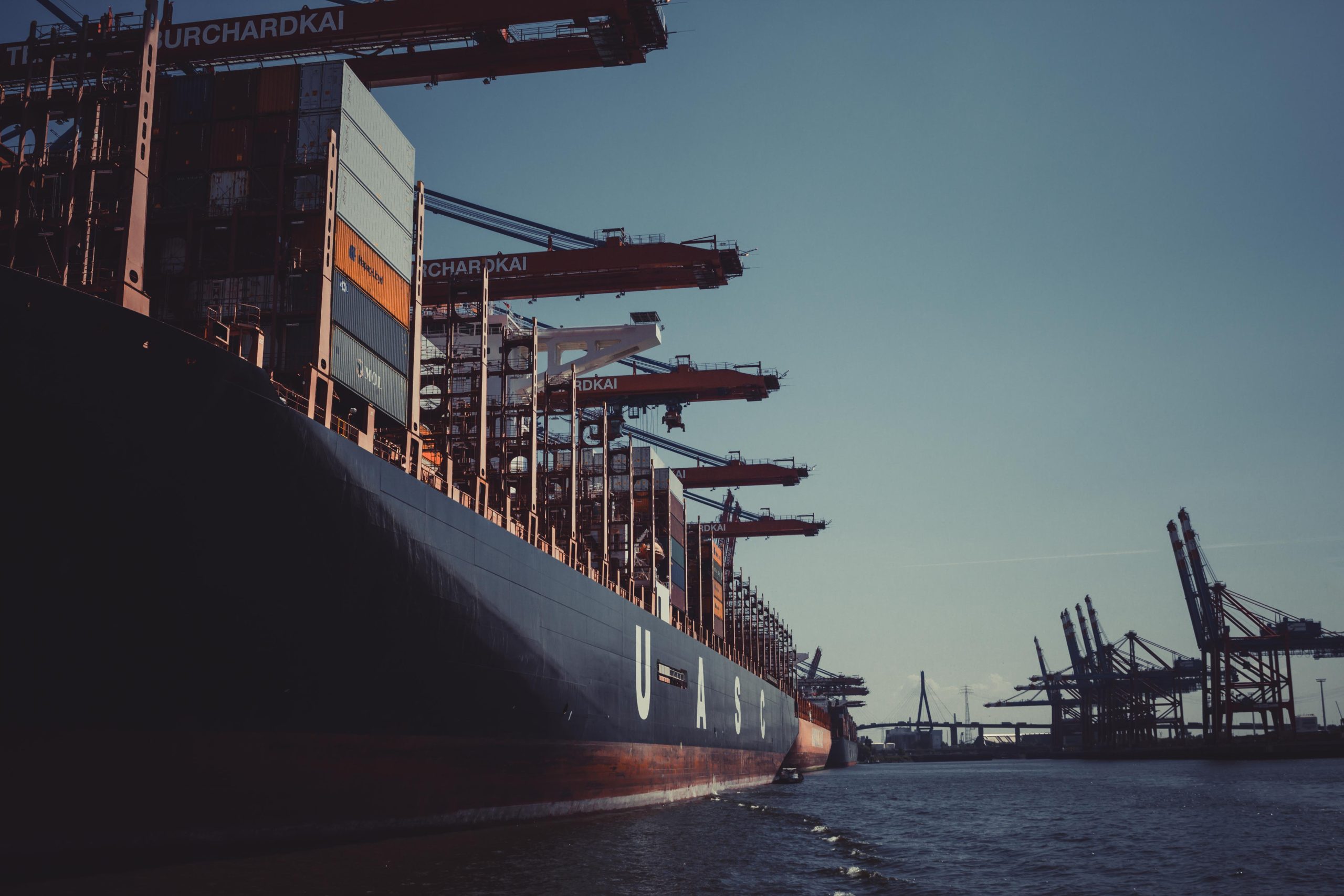Did you know that one of the leading producers of natural rubber worldwide is Nigeria? That is correct! Natural rubber is a precious resource that is used in making many different products, including gloves, shoes, and tires.
You’ve come to the perfect place if you’re looking to export natural rubber from Nigeria. Though the procedure might be fairly difficult, don’t worry! We’ll outline all the crucial measures you should be aware of to effectively export natural rubber from Nigeria in this comprehensive guide.
Everything will be covered, including the required paperwork, shipping choices, and even market research. This article offers information for both seasoned professionals and first-time exporters.
But, why should Nigerian natural rubber be exported? Well, it not only makes a large economic contribution to the nation, but it also provides farmers with employment prospects and makes money in foreign currencies. Exporting natural rubber from Nigeria might thus be a game-changer for you if you’re trying to grow your firm and access a lucrative market.
Let’s plunge in and discover the fascinating world of Nigerian natural rubber exportation!
Benefits of exporting natural rubber from Nigeria
Here’s why exporting natural rubber from Nigeria might be a game changer for your company!
To begin with, Nigeria is one of the world’s major producers of natural rubber. As a consequence, exporting this product might create substantial money for your company. According to the United Nations COMTRADE database on global trade, Nigerian exports of rubber to the United States in 2021 totalled US$162.68 Thousand.
Exporting natural rubber might provide work chances for Nigerian farmers. Over 200,000 farmers are employed by the rubber business, which not only serves to alleviate poverty in rural regions but also supports the country’s economy.
Furthermore, natural rubber exporting from Nigeria will help you get into a developing industry. Natural rubber is an important raw material utilized in a variety of sectors, including automotive, construction, and healthcare. With worldwide demand for natural rubber rising, you can be certain that exporting from Nigeria will offer you with a profitable market.
Finally, natural rubber exports from Nigeria might be a profitable commercial venture. Rubber plantations are often developed in tropical rainforest regions, and the demand for natural rubber may aid in the promotion of sustainable forestry methods, therefore protecting the environment.
All in all, Natural rubber exports from Nigeria may be a viable and long-term commercial enterprise that also adds to the country’s economic prosperity. With worldwide demand for natural rubber expanding, now is an excellent moment to explore entering this profitable business.
Best practices for exporting natural rubber from Nigeria
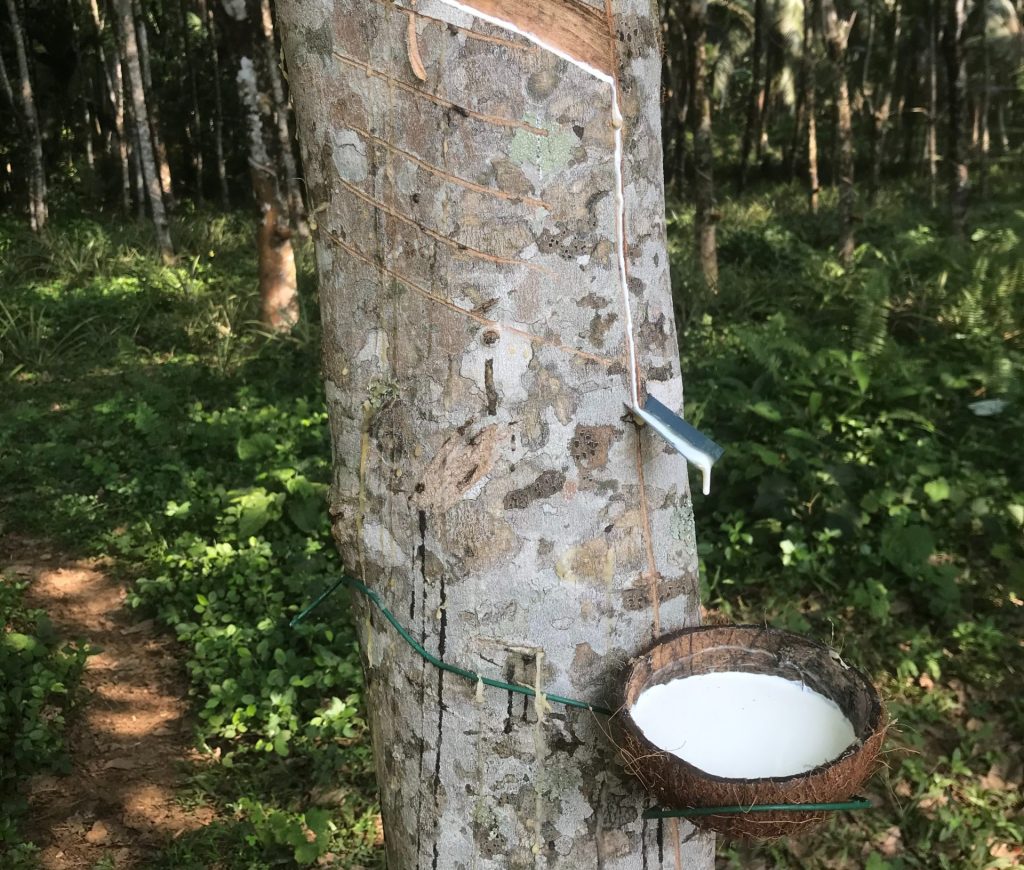
There are specific best practices to follow when exporting natural rubber from Nigeria to guarantee a successful operation. Let’s look at a few of these great practices:
Quality Control: The first and most important best practice is to keep your natural rubber in good condition. Check to see whether the rubber satisfies international norms and regulations. Cleanliness, moisture content, and correct packing are examples of such criteria. Quality control is essential since it contributes to the development of your brand’s reputation and assures client pleasure.
paperwork: Accurate paperwork is essential when exporting natural rubber from Nigeria. ensure that you have all of the required documents, such as certificates of origin, phytosanitary certifications, and export licences. Having the proper documents not only assures compliance with rules but also speeds up the process.
Transportation: Selecting the proper form of transportation is critical for the timely and safe delivery of your natural rubber. You may choose between sea and air transportation depending on the destination and amount. Make certain that the mode of transportation you choose is both dependable and cost-effective.
Market Research: It is critical to do complete market research before exporting your natural rubber. Understanding demand and competition in the target market, as well as price tactics, are all part of this. Market analysis may assist you in making educated choices and maximizing profitability.
Communication: Communication is key when it comes to exporting natural rubber from Nigeria. Building strong relationships with buyers, suppliers, and logistics companies is critical for a successful export venture. Maintaining clear and consistent communication ensures smooth operations and minimizes errors.
Following these best practices can help you successfully export natural rubber from Nigeria. It’s important to maintain quality control, proper documentation, reliable transportation, market analysis, and communication to ensure a smooth and profitable venture. So, go ahead and put these best practices into action and watch your business soar!
Exporting processed natural rubber from Nigeria: Export requirement
Exporting processed natural rubber from Nigeria is a great way for firms to diversify their export portfolio. Natural rubber that has been processed is in great demand on the worldwide market and is utilized in a variety of sectors including automotive, construction, and healthcare.
There are a few procedures you must take in order to export processed natural rubber from Nigeria. The Nigerian Export Promotion Council (NEPC) must first issue you an export license. The Nigerian Export Promotion Council (NEPC) is the government organization in charge of regulating and promoting non-oil exports in Nigeria.
Once you’ve obtained your export permit, you must confirm that your processed natural rubber fulfils international requirements. This implies that the rubber must be subjected to quality controls for you to identify its physical and chemical qualities. Quality testing may be performed in labs certified by the International Organization for Standardization (ISO) or other international organizations.
When your processed natural rubber reaches the appropriate specifications, you may begin the packaging and labeling procedure. Proper packaging and labeling guarantee that the product is protected throughout shipping and that it complies with the importing country’s labeling regulations.
Following that, you must choose the best delivery method for your processed natural rubber. Air freight and marine freight are the two most popular option for transportation. Air freight is more costly but quicker, whereas sea freight is less expensive but takes longer.
Finally, you must locate and advertise prospective consumers for your processed natural rubber. Attend trade exhibitions, conferences, and other industry events to do this. You may also reach out to prospective buyers using internet platforms such as Alibaba, Amazon, and eBay.
Nigeria natural rubber exports: Top destinations
When it comes to natural rubber exports from Nigeria, various places throughout the globe are the top importers of this important product. In this part, we’ll look at some of Nigeria’s top natural rubber export destinations.
China is a major importer of Nigerian natural rubber. China’s thriving manufacturing economy needs massive volumes of natural rubber to make tires, rubber goods, and footwear. China, in fact, accounts for more than half of Nigeria’s natural rubber exports! If you export natural rubber from Nigeria, China is a market you should absolutely take into account. China, which imported more than 4.6 million metric tons of natural rubber in 2020 alone, is the world’s biggest user of the material. That is a sizable market for Nigerian exporters!
Europe, notably Germany and France, is another important market for Nigeria’s natural rubber exports. Natural rubber is in great demand in these nations, particularly for usage in the automobile sector. Furthermore, natural rubber is used in the manufacturing of domestic products such as gloves and floors in various European nations.
The United States also buys a lot of Nigerian natural rubber. The United States imports natural rubber to make a broad variety of items, including tires, gloves, and medical equipment, thanks to its booming manufacturing economy.
Nigerian natural rubber exports also go to India, Malaysia, and Indonesia, in addition to these countries. These nations have a high demand for natural rubber and provide good prospects for Nigerian exporters.
It is important to note that the natural rubber industry is always developing, and it is critical to undertake market analysis on a regular basis to discover new markets and trends. Nigerian exporters can keep ahead of the competition and capitalize on new possibilities by doing so.
Finally, China, Europe, and the United States are among of Nigeria’s major natural rubber export destinations. However, with global demand for natural rubber increasing, Nigerian exporters have many additional prospective markets to explore. Nigeria’s natural rubber exports may prosper in the next years if it keeps a careful watch on market developments and stays ahead of the competition.
How to export natural rubber from Nigeria- A Step-by-step guide
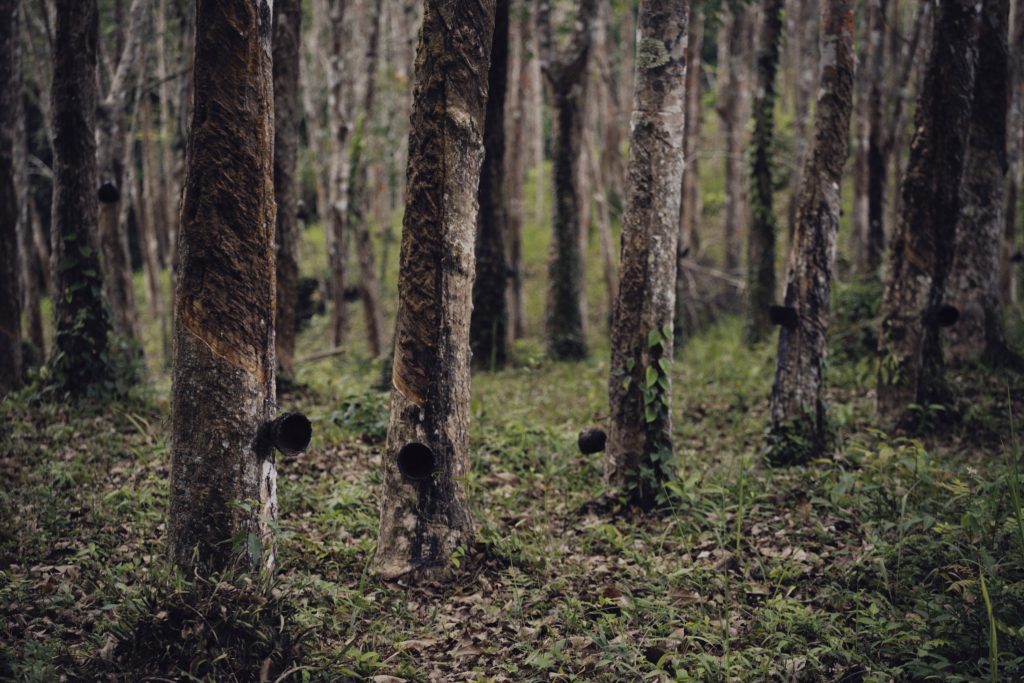
Are you ready to take the leap into the world of exporting natural rubber from Nigeria? We’ve got you covered with this step-by-step guide that will walk you through the entire process.
Step 1: Register with the Nigerian Export Promotion Council (NEPC)
Before you can begin exporting natural rubber from Nigeria, you must register with the Nigerian Export Promotion Council (NEPC). This registration is essential as it provides you with access to various resources and benefits, including export promotion programs, market information, and export finance schemes.
Step 2: Obtain the necessary documentation
The next step is to obtain the necessary documentation required for exporting natural rubber from Nigeria. This documentation includes a Certificate of Origin, a Bill of Lading, and an Export Declaration Form. These documents are essential as they serve as proof of the origin and quality of the natural rubber.
Step 3: Conduct market analysis
Before you start exporting, you must undertake market research to discover prospective consumers and rivals. This research can assist you in determining the most effective pricing plan and ensuring that you are targeting the correct market niche.
Step 4: Secure funding
Exporting natural rubber from Nigeria can be a costly endeavor, which is why securing funding is an essential step. The NEPC provides various export finance schemes that you can take advantage of to secure funding for your export business.
Step 5: Choose a shipping option
Choosing the right shipping option is crucial when exporting natural rubber from Nigeria. You can opt for either air or sea freight, depending on the quantity and urgency of the shipment.
Step 6: Comply with regulations
Complying with regulations is a crucial step in exporting natural rubber from Nigeria. You must adhere to all the necessary regulations, including those related to quality standards and customs requirements.
To summarize, natural rubber exporting from Nigeria may be a successful business, but it takes careful planning and preparation. You’ll be well on your way to effectively exporting natural rubber from Nigeria if you follow these six steps.
Conclusion
The complete guide on importing natural rubber from Nigeria has come to an end. We really hope that this guide has been useful in giving you the knowledge and tools you need to successfully and smoothly export your goods.
We’ve covered all you need to know to export natural rubber from Nigeria with simplicity, from comprehending the prerequisites for export documents to choosing the finest shipping alternatives.
It’s crucial to remember that the exporting of natural rubber may not be a simple operation. But with the knowledge and information in this manual, you’re better prepared to face difficulties and make wise choices.
Nigerian farmers and exporters have a tremendous chance to support the national economy and compete internationally by exporting natural rubber. Your natural rubber export firm may prosper and have a large effect on the worldwide market with careful planning, commitment, and hard work.
So go ahead and begin your adventure to export natural rubber. Keep in mind that every step counts toward reaching your objective and that with enough willpower, nothing is beyond your reach.

